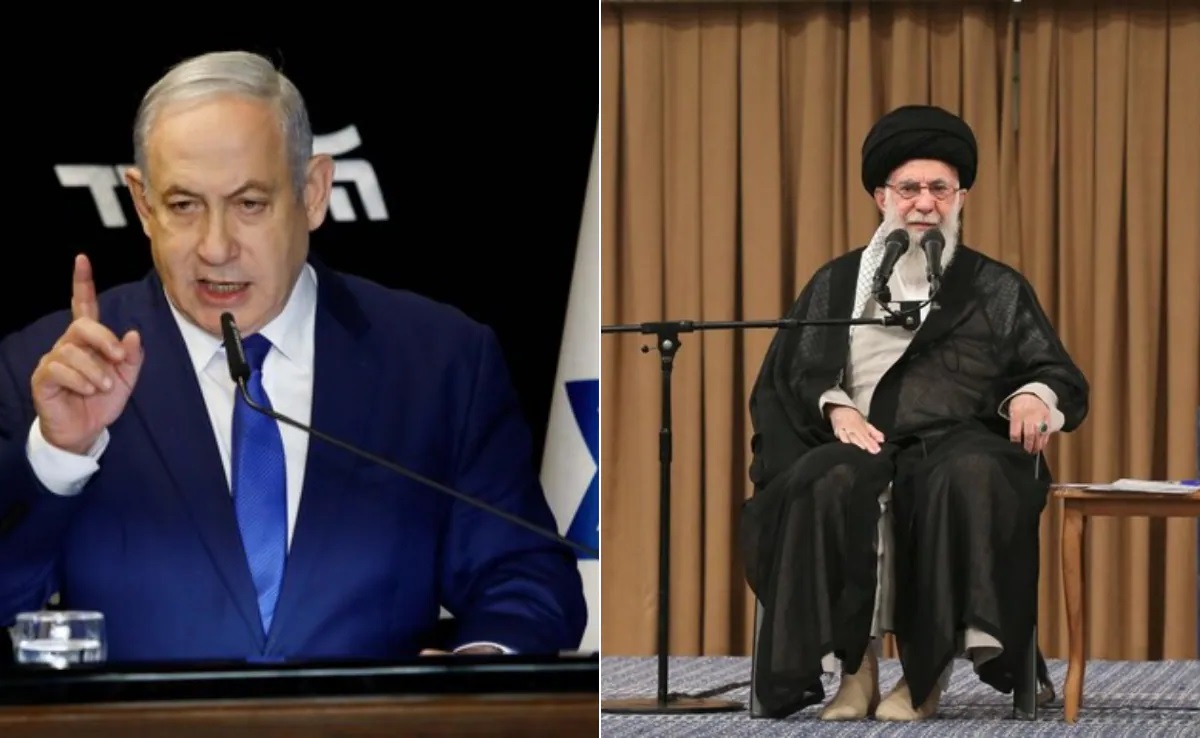Washington, DC – Six months into his second term, President Donald Trump now confronts growing challenges to his vow to “stop all wars” and cement his legacy as a “peacemaker.” Recently, Israeli strikes targeted Iranian military and nuclear sites, sharply escalating Middle East tensions and sparking fears of a regional war that could drag in the United States.
Although Trump seemingly tacitly endorsed the attacks, they have split his political base. While some Republicans and Democrats back Israel’s actions, many “America First“ supporters fiercely oppose U.S. entanglement in another foreign conflict. This division highlights the fragile balance Trump must maintain between alliances and his anti-war promises.
Divisions Within the GOP
Prominent conservatives, including Tucker Carlson and Senator Rand Paul, have openly condemned the strikes, warning against U.S. involvement. Carlson, a leading MAGA voice, argued that backing Israel’s “war-hungry government” contradicts American interests. Meanwhile, Senator Paul stressed that voters reject “endless wars,” urging Trump to uphold his “America First” stance. Congresswoman Marjorie Taylor Greene also advocated for peace, reflecting a broader GOP shift.
Notably, younger Republicans increasingly question unconditional U.S. support for Israel. A recent Pew survey found that 50% of Republicans under 50 now view Israel unfavorably, signaling a generational divide that could reshape foreign policy debates.
Escalation and Retaliation
After Iran retaliated with missile strikes on Israeli cities, fears of a wider conflict intensified. Despite UN calls for restraint, diplomacy has stalled, raising the risk of U.S. involvement. Trump, who previously engaged Tehran in talks, acknowledged foreknowledge of Israel’s plans but blamed Iran for failed nuclear negotiations.
Scheduled U.S.-Iran talks in Oman now face uncertainty, as the strikes may have derailed diplomatic progress. This escalation tests Trump’s ability to reconcile his anti-war rhetoric with his support for Israel’s hardline actions.
Critics Question Trump’s Approach
Trita Parsi of the Quincy Institute accused Trump of sabotaging diplomacy by demanding unrealistic concessions from Iran. Others, like Republican activist Charlie Kirk, warned that the MAGA base strongly opposes war, complicating Trump’s stance.
Historical Context and Political Risks
Trump’s handling of the crisis risks repeating past GOP mistakes, such as Bush’s costly wars. Having campaigned against “endless wars,” Trump now faces pressure from pro-Israel hawks in his party. Analysts warn that missteps could entangle America in another Middle East conflict, alienating his core supporters.
As violence spreads, Trump’s peacemaker image hangs in the balance. The crisis threatens regional stability and his political coalition, forcing him to navigate a precarious path between diplomacy and confrontation. His next moves will define his foreign policy legacy—and determine whether he keeps his promise to avoid war.







